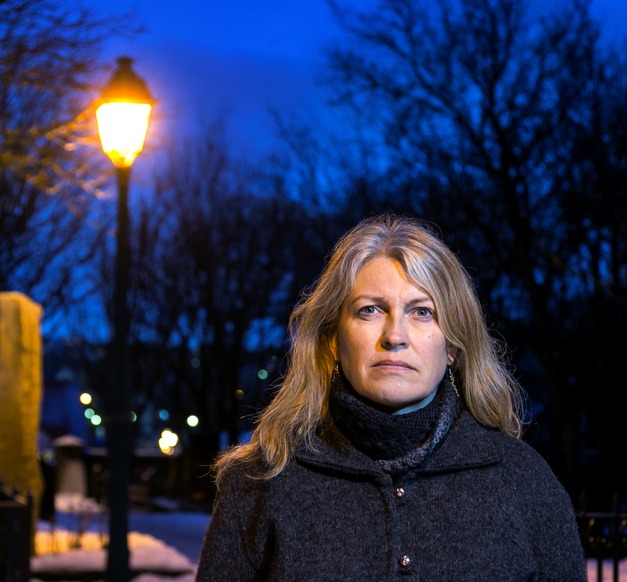Femicide in Iceland over the last 30 years is the focus of Freydís Jóna Freysteinsdóttir’s, Associate Professor in Social Work, research. The study is part of a network called Femicide across Europe "There are four groups that operate within the network. One of them defines what femicide is and what it entails. A simple definition would be that femicide is when a murder of a woman can be traced to her gender. Another group analysis statistical data and endeavours to map how many such murders have been committed in Europe. The third group examines how culture affects femicides whereas the fourth focuses on preventions. I am in the group that studies culture," says Freydís and adds: "I find it an interesting approach in the study. Femicides in Iceland are usually committed in a rampage, even though in most cases they are preceded by violence," says Freydís.
Freydís' research involves reading and analysing convictions from this period and examining whether the murder is femicide; which most often involve couples. "I examine the description of the event and social environment, that is whether the couple was living together, had children, their level of education and employment. Then I look at the severity of the convictions and how many women and how many men passed sentence in each case. Furthermore, I examine whether the court ruling reflects any patriarchal ideas, i.e. if there are male dominance and media coverage on each case," says Freydís.
According to Freydís, murder victims experience three types of violence. "It is emotional, physical and sexual. It's the physical violence that leads the victim to death. The couple was getting divorced but were still in some sort of contact. Research has shown that women are in most danger when they are leaving the abuser," says Freydís and adds that the research is still on-going.



